4 Skin Care Myths to Ignore Right Now
- Posted on: Aug 21 2017
Separating fact from fiction can be a daunting task when it comes to skin care. While there are some universal truths we should all follow to care for our skin (like drinking enough water and protecting against sun damage), your skin is as unique as your personality and finding the best routine can involve a little trial and error. But all skin care routines and habits are not created equal, and knowing what advice to ignore will keep you from unwittingly doing more harm than good to your face and skin.
Just Say No to These Common Skin Care Myths
You’ve probably heard some variation of the most widespread and misleading “tips” for everything from reversing the signs of aging, to preventing and eliminating acne. To find the best products and skin care routine, consult with a dermatologist, and make regular skin cancer screenings a part of your healthcare and wellness routine. To keep your skin looking and feeling its best at every age, avoid the following common misconceptions about dermatology, skin care, and aging:
- All you need is sunscreen or moisturizer with an SPF of 15. Dermatologists suggest using an SPF of at least 30, and exercising caution by minimizing sun exposure, especially during peak hours (10 AM – 2 PM). Doing so it the best way to protect your skin from overexposure.
- Tanning beds are safer than exposure to the sun – Tanning beds still expose your skin to the harmful UV rays that can cause premature aging and increase the risk of skin cancer. On the flip side, limited sun exposure is necessary to ensure that you’re getting enough Vitamin D. The best solution is to moderate your exposure to harmful UV exposure by wearing protective clothing and sunscreen, and avoiding the sun’s peak hours.
- Your diet can trigger acne – Chocolate lovers will be happy to know that the real culprit for your acne is your sebaceous gland, not your diet!
- “Miracle” creams can reverse/prevent aging – Experts recommend topical creams with retinoic acid (Retin-A)or Retinol (DermaSpa Retin Aid), but advise consumers to be skeptical about claims that sound too good to be true.
For more information on safe and effective skin care treatments and skin cancer prevention, screening, and treatment, contact Asarch Dermatology & Aesthetics by calling 303-732-6985 to schedule an appointment with a dermatologist in Denver today.
Posted in: Blog Post
